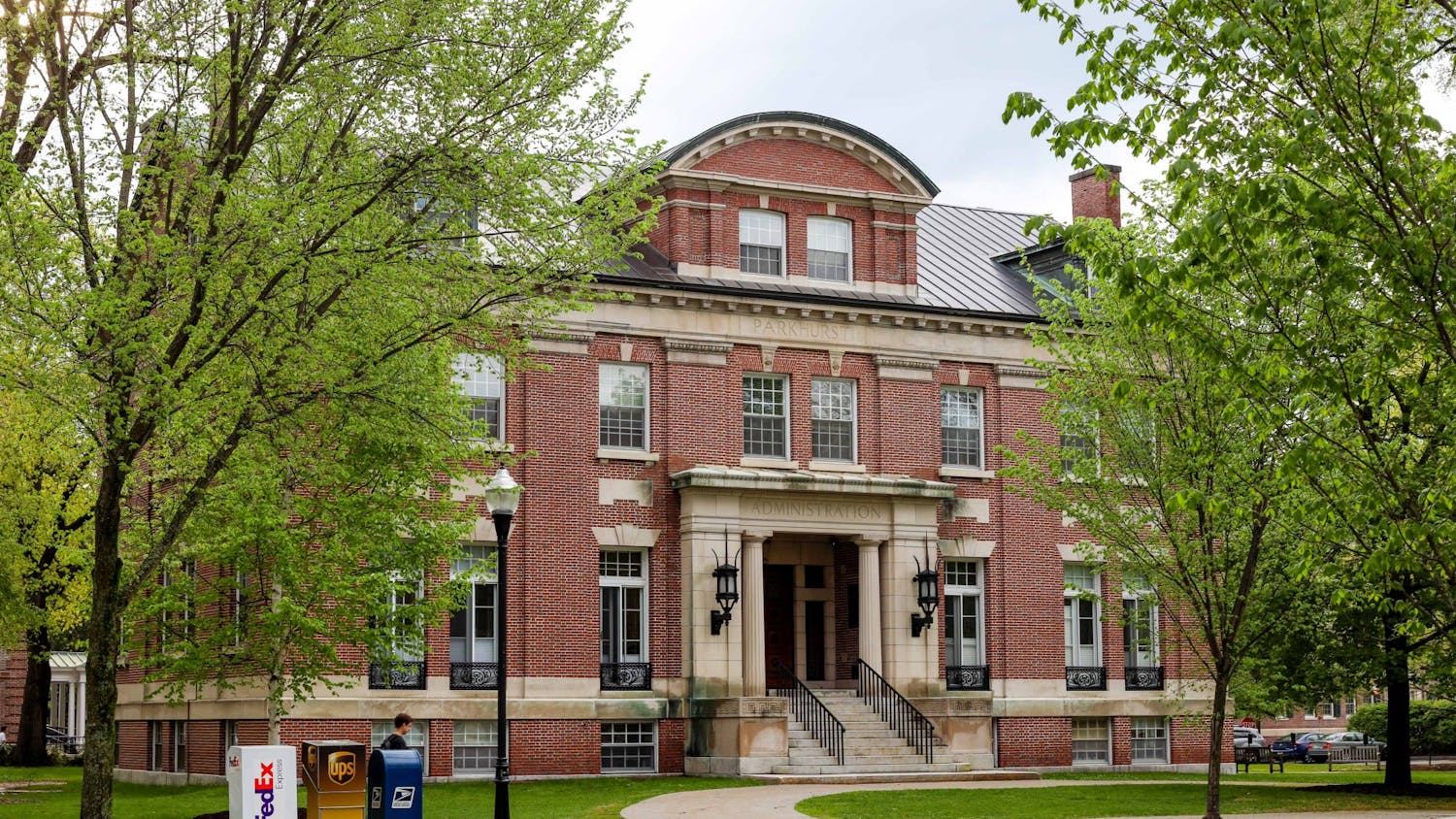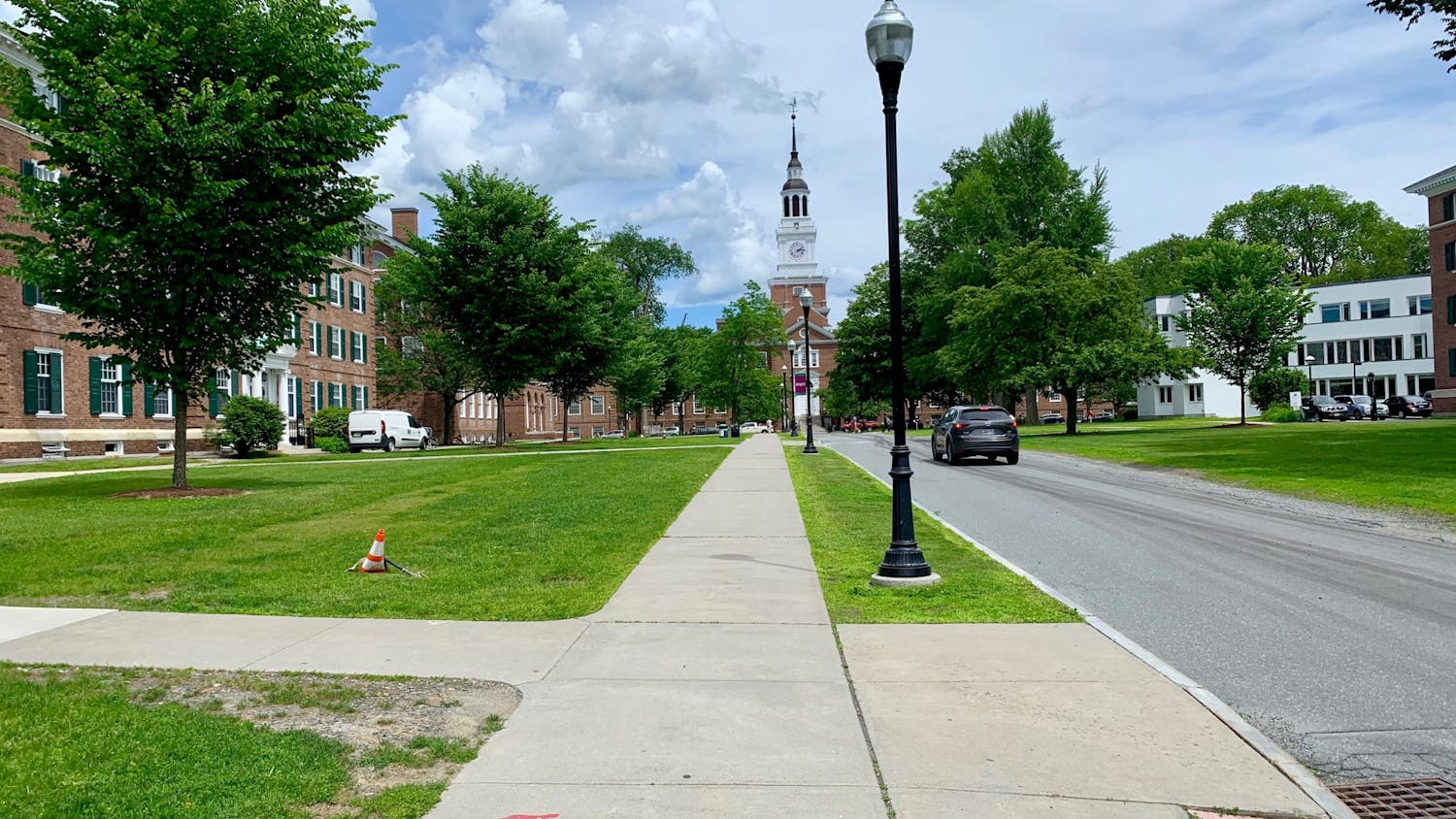The morning that I left Hanover — after Provost Joseph Helble announced that at least the first five weeks of spring term would be remote — the sidewalk was filled with groups of friends saying goodbye. In contrast to the nonchalant departures of a normal term, the mood was somber. Disappointment about spring term hit hard, compounded by the regret I felt over all the things I wished I hadn’t put off during the winter. But as I hugged my friends one last time, I was reminded of the love and connection I have found at the College. Those things were easy to forget about during the stress of finals period, but they’re much harder to ignore now. So let’s not forget that. Even when the day comes that this pandemic is a distant memory, I hope we will no longer take for granted what Dartmouth has given us.
Though it felt like the end of the world at the bus stop that day, I later learned that the jumble of anxiety, anger and sadness I felt was not unique. In fact, these emotions have become prevalent during the COVID-19 outbreak. They are symptoms of grief.
For some, this grief is directly tied to the death of a loved one or loss of employment. Yet even those who have not experienced such concrete losses are affected — their sorrow is attributable to what author and grief expert David Kessler describes as “the collective loss of the world we knew.” The manifestations of this grief vary widely, but it is clear that the world not only mourns for an uneasy present, but for the nostalgia of a better past and an uncertain future.
The grief we feel for our pre-pandemic lives often seems inextricably tied to the virus. Yet the true source lies elsewhere. Psychiatrist Colin Murray Parkes notes that “grief is the price we pay for love.” Anthropologist Barbara King also links love and grief, stating that “grief is the flip side of very close emotional attachment.” COVID-19 has only acted to highlight the indivisible nature of these two emotions; the collective grief being experienced around the world has uncovered the everyday love that defined our old lives, which we far too often took for granted.
The inseparable nature of grief and love has been a hard-earned lesson for many students this spring. But as the threat of the indefinite closure of campus hovers like a dark cloud over our heads, we have been forced to recognize that the love and connection woven into the fabric of life at the College is more precarious — and hence, more precious — than we often recognize.
At some point in the future, the severity of the COVID-19 pandemic will ebb. Students will return to campus, and we will be tasked with rebuilding a future from a forever-changed world. Students will be faced with a choice: to slip back passively into mundane routines, or to consciously value the connections that so many of us previously took for granted. With all of the intentionality with which we currently schedule Zoom meetings, make phone calls and send texts, we must reconnect with those people and things that we miss so desperately in quarantine. “Grabbing a meal sometime” must transform from a polite fallback to a deliberate action, and getting coffee at KAF should be not just a habit, but a joy. Midterms must no longer be used as an excuse to hide in the library for half of the term, but should be balanced with time spent tending to the relationships and passions we incorrectly assumed would last forever. And we should not wait until the next pandemic to walk our friends to the bus stop at the end of term.
The sorrow of separation has cast the love and connection we find at Dartmouth in sharp relief. When we return to campus, it will be up to us to consciously remember not to take these privileges for granted. On the other side of the grief of this pandemic, the love we find at Dartmouth will be waiting — and it is up to us to embrace the possibilities for joy and connection that it offers.



